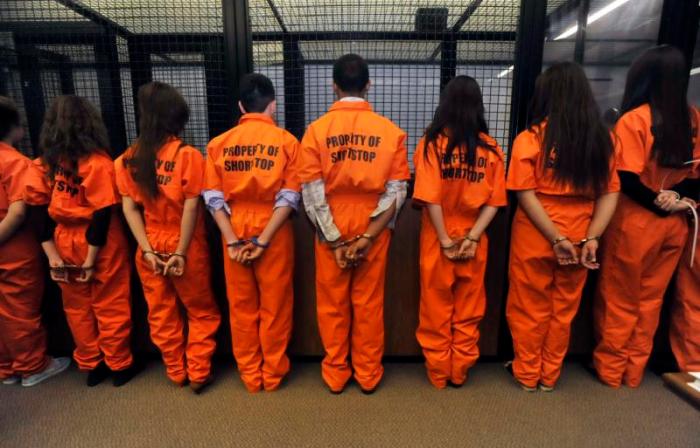Juvenile delinquency in a diverse society presents a multifaceted challenge, influenced by a myriad of cultural and socioeconomic factors. Understanding the complexities of delinquency patterns and the role of risk and protective factors is crucial for developing effective prevention and intervention strategies.
This discourse explores the nuances of juvenile delinquency in diverse societies, examining the influence of race, ethnicity, gender, and socioeconomic status, while emphasizing the importance of cultural sensitivity and responsiveness in working with youth from diverse backgrounds.
Juvenile Delinquency in Diverse Societies

Juvenile delinquency, defined as criminal behavior committed by minors, presents complex challenges in diverse societies. Understanding the influence of cultural, socioeconomic, and other factors is crucial for effective prevention and intervention strategies.
Influence of Race, Ethnicity, Gender, and Socioeconomic Status
Research indicates that race, ethnicity, gender, and socioeconomic status significantly impact delinquency patterns. Minorities and low-income youth often face systemic barriers, such as poverty, discrimination, and lack of opportunities, which increase their risk of involvement in delinquent behavior.
Risk Factors and Protective Factors
Key Risk Factors, Juvenile delinquency in a diverse society
- Family instability and conflict
- Peer pressure and negative influences
- Lack of educational opportunities
- Poverty and economic deprivation
- Exposure to violence and trauma
Protective Factors
- Strong family support and positive role models
- Quality education and extracurricular activities
- Community involvement and mentoring programs
- Social support and positive peer relationships
Prevention and Intervention Strategies
Evidence-Based Prevention Programs
Tailoring prevention programs to the specific needs of diverse youth populations is essential. Programs should focus on building protective factors, reducing risk factors, and promoting positive youth development.
Effectiveness of Existing Programs
Evaluating the effectiveness of intervention programs is crucial for improving outcomes. Data analysis can identify areas for improvement and ensure that programs are making a meaningful impact.
Role of Social Institutions
Schools
Schools play a vital role in preventing and addressing juvenile delinquency by providing education, extracurricular activities, and support services. Collaboration with community organizations can enhance these efforts.
Families
Strong family bonds and positive parenting practices are key protective factors against delinquency. Supporting families through programs and resources is essential.
Community Organizations
Community organizations provide opportunities for youth engagement, mentorship, and skill development. Collaboration among these organizations can create a comprehensive support system.
Cultural Sensitivity and Responsiveness
Working with juvenile delinquents from diverse backgrounds requires cultural sensitivity and responsiveness. Building trust and rapport is essential for effective communication and intervention.
Policy Implications
Addressing the root causes of juvenile delinquency requires comprehensive policies that promote equity and opportunity for all youth. Policies should focus on improving education, reducing poverty, and providing support for families and communities.
Question & Answer Hub: Juvenile Delinquency In A Diverse Society
What are the key risk factors associated with juvenile delinquency in diverse societies?
Risk factors include poverty, lack of parental supervision, exposure to violence, and peer pressure.
How can protective factors mitigate delinquency risk?
Protective factors such as family support, education, and community involvement can provide youth with a sense of belonging and purpose, reducing the likelihood of engaging in delinquent behavior.
Why is cultural sensitivity important in working with juvenile delinquents from diverse backgrounds?
Cultural sensitivity helps practitioners understand the unique experiences and perspectives of youth from different cultures, fostering trust and rapport, and enhancing the effectiveness of interventions.
